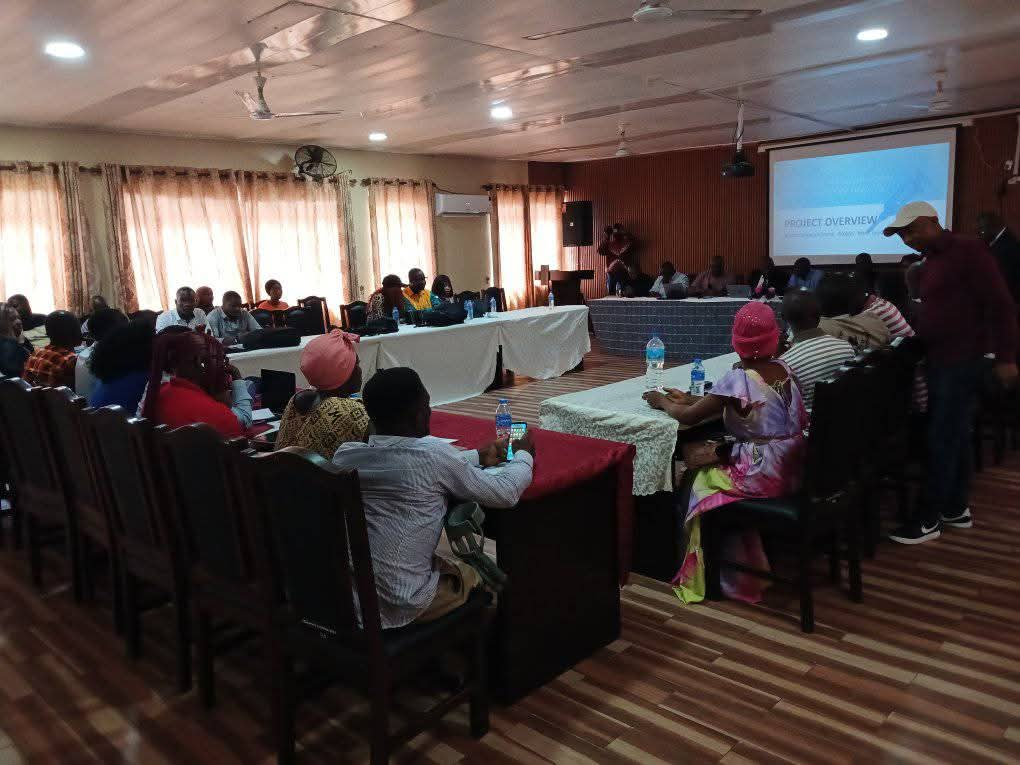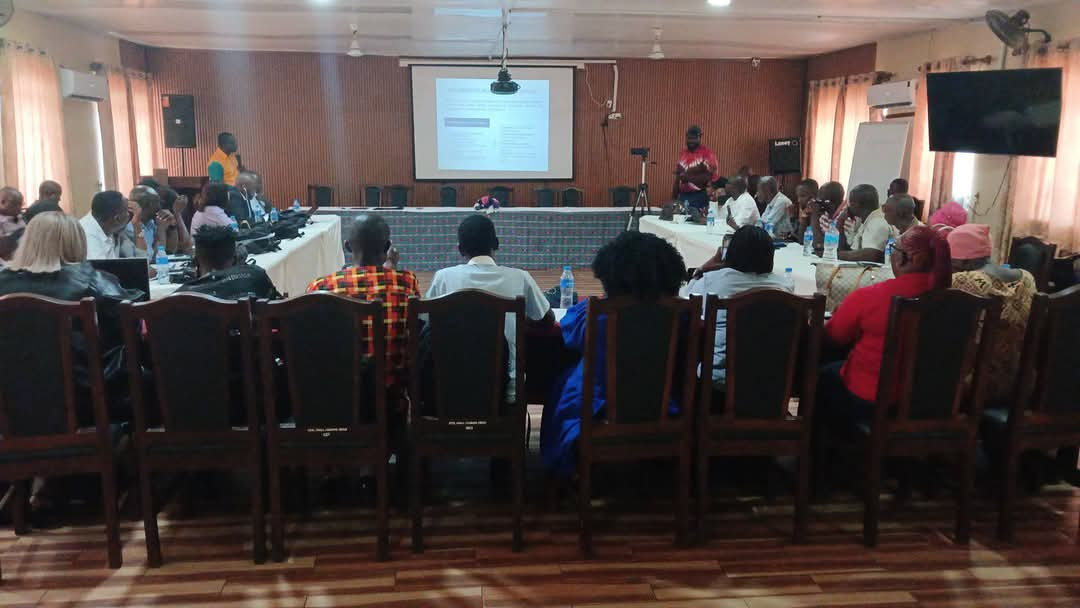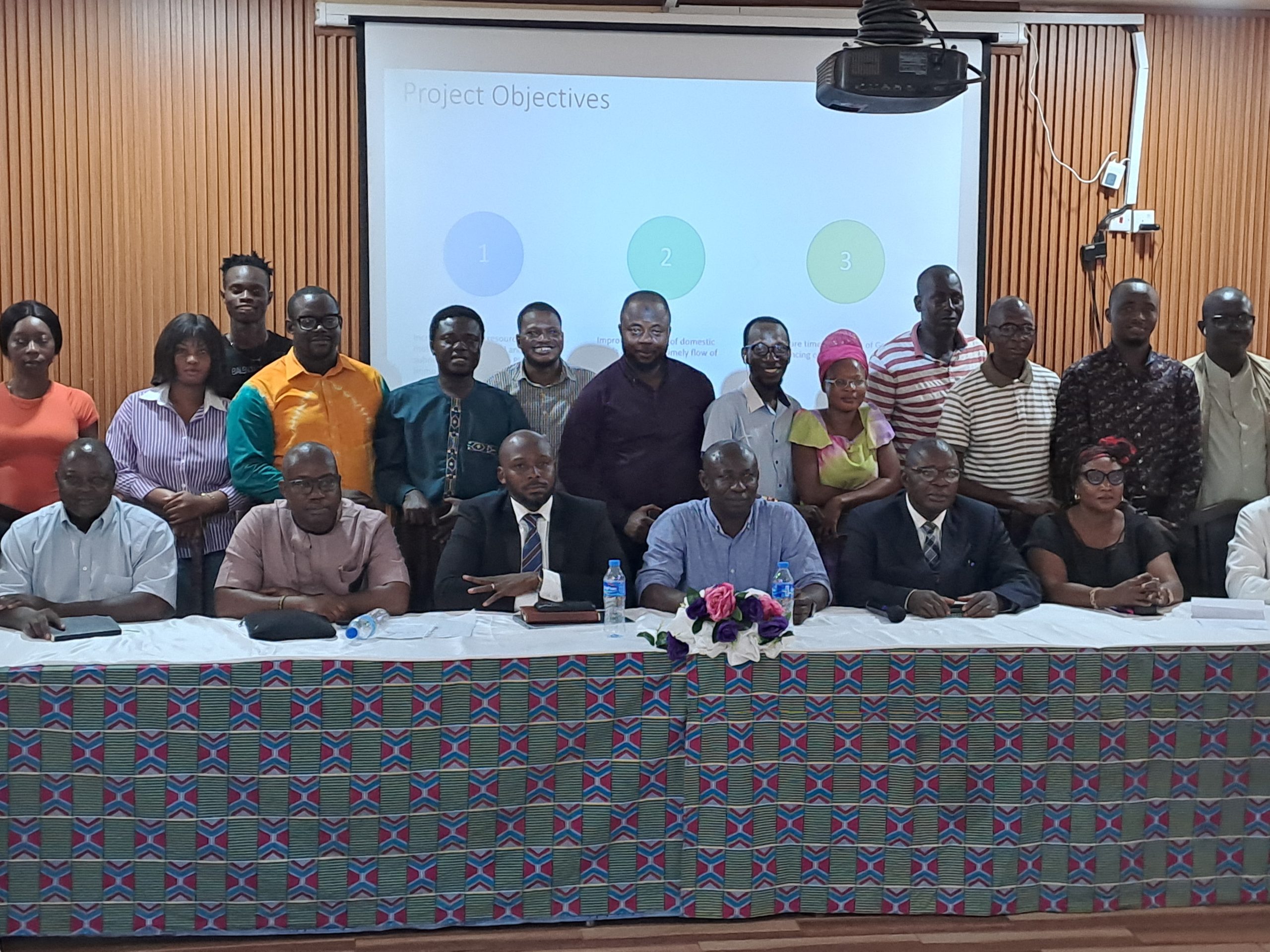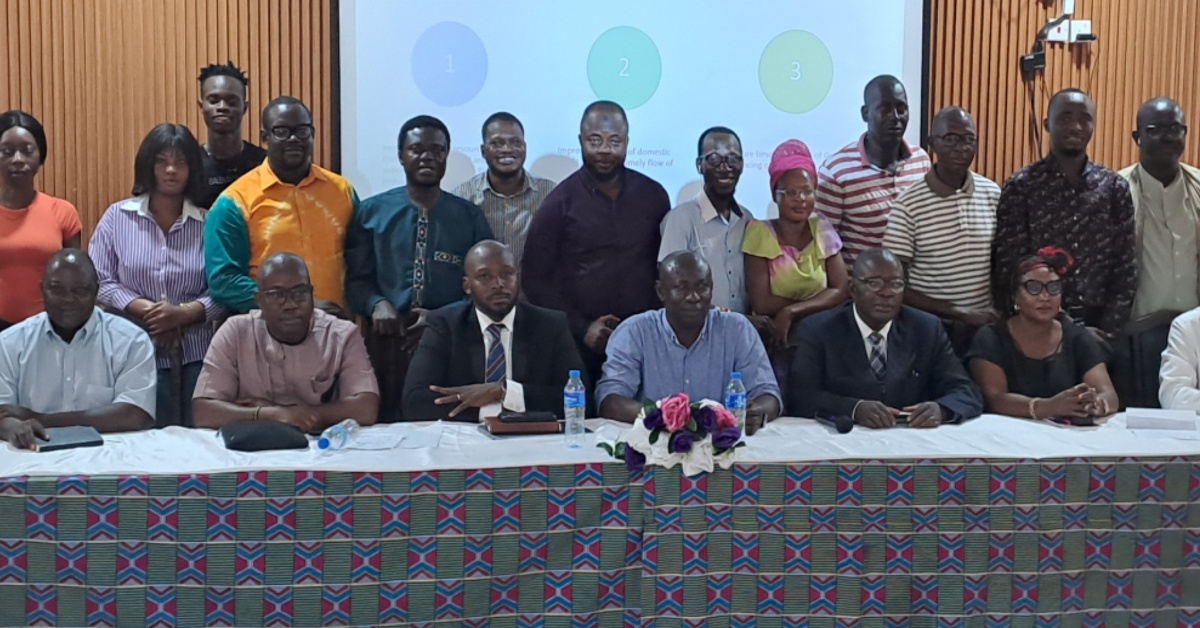Health Alert and WASHNet, with support from the Global Health Advocacy Incubator (GHAI) through Gavi, the Vaccine Alliance, have convened a high-level multi-stakeholder roundtable discussion aimed at enhancing Sierra Leone’s healthcare financing and reducing donor dependency by mobilizing domestic resources for immunization and Primary Health Care (PHC).
The event, held at the Council of Churches Sierra Leone (CCSL) Conference Hall on Kingharman Road in Freetown, brought together key players from government ministries, departments and agencies (MDAs), development partners, civil society organizations, local and international NGOs, and the media.
The roundtable was aimed at identifying innovative and strategic approaches to sustainably finance immunization and PHC services in Sierra Leone. Participants deliberated on actionable pathways for domestic funding, emphasizing the need for long-term investment in health systems.

Victor Lansana Koroma, Executive Director of Health Alert, said the initiative seeks to engage decision-makers on the progress and gaps in healthcare financing, with a strong advocacy component for increased government budget allocations to the health sector.
“This project, funded by Gavi through the Global Health Advocacy Incubator, has three key objectives,” Koroma explained. “First, to increase domestic resource mobilization at both national and sub-national levels for PHC and immunization; second, to improve execution and timely flow of domestic funds to the frontlines; and third, to ensure timely payment of Sierra Leone’s COVID-19 vaccine co-financing obligations.”
Koroma emphasized that the overall goal is to foster a more equitable and sustainable health financing system that will drive comprehensive immunization coverage and strengthen primary healthcare delivery, thereby reducing preventable diseases in the long term. The project, he noted, is being implemented across five districts: Bombali, Kenema, Western Area Rural, Karene, and Falaba.

Nathaniel Soloku, Project Consultant, presented key findings and recommendations, highlighting that while progress has been made in the health sector—particularly in immunization—fragile systems remain. “We still face serious issues such as poor infrastructure, limited rural health access, and a shortage of qualified health workers,” Soloku said. “To reduce reliance on external aid, domestic financing mechanisms must be strengthened.”
He also shared cost-related data to support advocacy efforts, noting that the economic cost of delivering vaccines is approximately $0.73 per dose, and the cost of fully immunizing a child is around $24.70.
Stakeholders proposed several strategic actions, including:
Establishing a dedicated budget line for immunization in national and district budgets,
Strengthening private sector engagement,
Implementing timely budget planning from district to national levels,
Exploring tax policy reforms such as tax shifting to support health financing.
The event concluded with key commitments from health sector stakeholders, including representatives from the Ministry of Health, Parliament, EPI, Global Fund, Gavi, UNICEF and the World Bank. They pledged continued collaboration with Health Alert and partners to improve immunization coverage and primary healthcare delivery.
The engagement ended with a networking session and a group photo, marking a strong step toward strengthening Sierra Leone’s health system through local ownership and sustainable financing.












